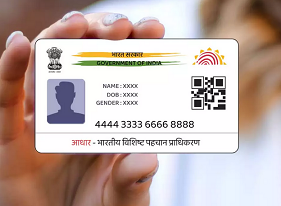March 12, 2024
How to protect yourself from cyber crimes
How to protect yourself from cyber crimes – Protecting yourself from cybercrimes involves a combination of preventative measures and responsible online behavior.
How to protect yourself from cyber crimes

Here are some important steps you can take:
- Use Strong Passwords: Create complex passwords for your accounts, combining uppercase and lowercase letters, numbers, and special characters. Avoid using easily guessable information like birthdays or common words.
- Enable Two-Factor Authentication (2FA): Whenever possible, enable two-factor authentication for your online accounts. This adds an extra layer of security by requiring a second form of verification, such as a code sent to your phone, in addition to your password.
- Update Software Regularly: Keep your operating system, antivirus software, and other applications up to date with the latest security patches. Updates often include fixes for vulnerabilities that cybercriminals can exploit.
- Be Cautious of Phishing Attempts: Be wary of unsolicited emails, messages, or phone calls asking for personal information or urging you to click on suspicious links. Phishing scams often mimic legitimate organizations to trick users into revealing sensitive information.
- Use Secure Networks: Avoid using public Wi-Fi networks for sensitive activities like online banking or shopping, as they may be insecure and susceptible to hacking. If you must use public Wi-Fi, consider using a virtual private network (VPN) for added security.
- Encrypt Your Data: Use encryption tools to protect your sensitive data, such as file encryption software or encrypted messaging apps.
- Secure Your Devices: Use security features like device encryption and biometric authentication (such as fingerprint or facial recognition) to protect your devices from unauthorized access.
- Backup Your Data Regularly: Backup your important files and data to an external hard drive, cloud storage service, or other secure location to prevent data loss in case of a cyberattack or hardware failure.
- Educate Yourself: Stay informed about the latest cybersecurity threats and best practices for staying safe online. There are many resources available online, including government websites, cybersecurity blogs, and educational videos.
- Trust Your Instincts: If something seems suspicious or too good to be true, it probably is. Trust your instincts and err on the side of caution when interacting with unfamiliar websites or messages.
By implementing these cybersecurity measures and staying vigilant online, you can reduce your risk of falling victim to cybercrimes and protect your personal information and digital assets.
More Updates – Click Here


